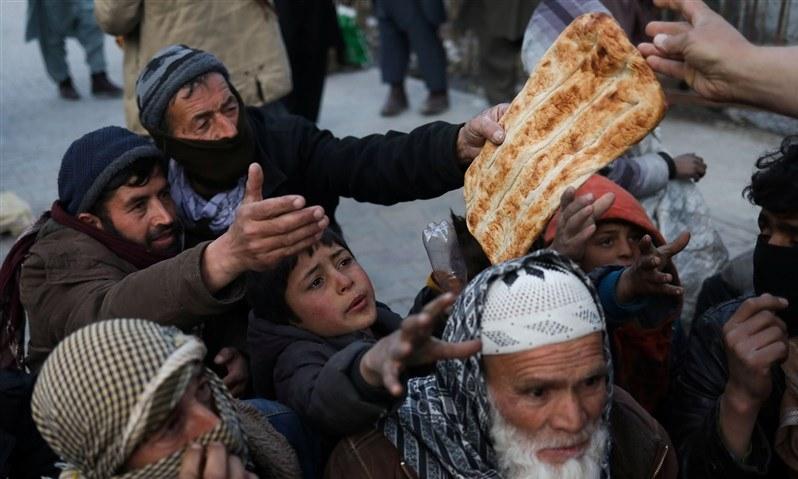KABUL (Pajhwok): An influential human rights watchdog says two-thirds of Afghanistan’s population is facing food insecurity, including 875,000 children.
In a fresh . . .
You need to subscribe to view the full article. Please login or register a new account.






GET IN TOUCH
NEWSLETTER
SUGGEST A STORY
PAJHWOK MOBILE APP